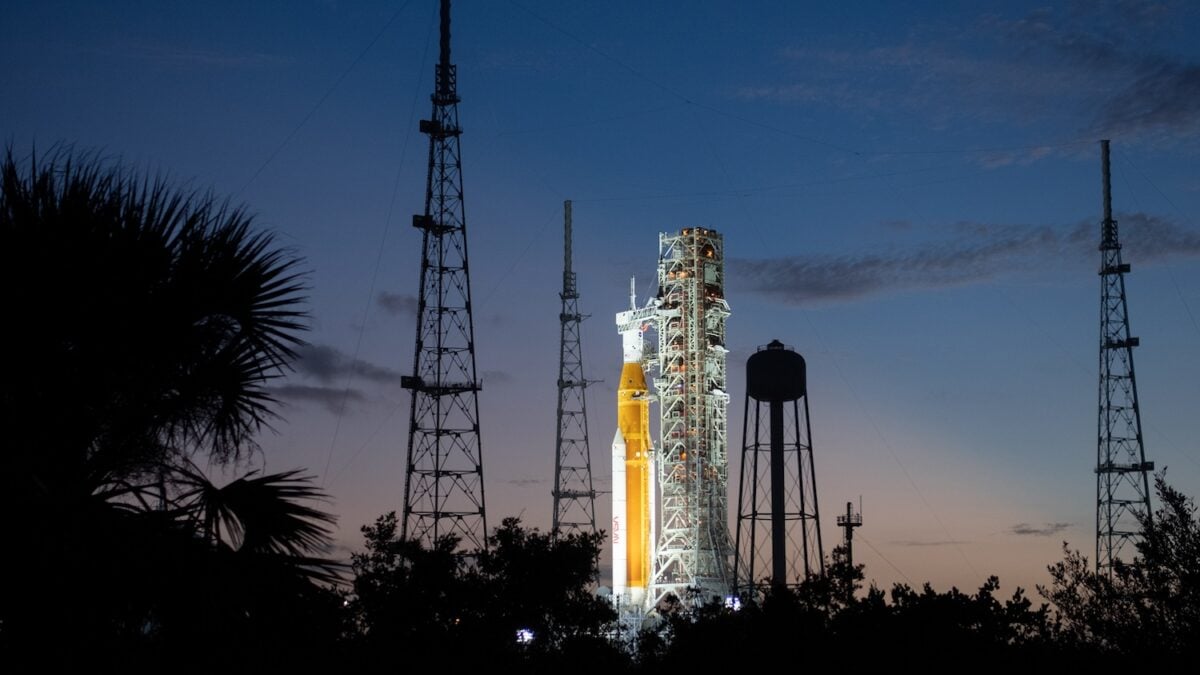On July 1, the Senate revitalized NASA’s struggling Artemis program by approving President Trump’s budget reconciliation bill, which, if enacted, would provide an additional $6 billion for the program’s existing mission framework.
The funding will enhance the Space Launch System (SLS), the Orion spacecraft, and a lunar space station known as Gateway, marking a significant triumph for legacy aerospace firms such as Boeing, Northrop Grumman, and L3 Harris Technologies’ Aerojet Rocketdyne division. These contractors have already secured approximately $24 billion for SLS development. In contrast, critics like SpaceX CEO Elon Musk and billionaire entrepreneur Jared Isaacman have called for adopting newer, more cost-efficient technologies instead. The Senate’s decision counters such criticism and directly conflicts with the White House’s strategic vision for NASA.
In May, Trump introduced a “skinny” budget that proposed cutting $6 billion from NASA’s fiscal 2026 budget, which would involve restructuring the Artemis program. This plan included eliminating the Gateway initiative and phasing out both the SLS and Orion capsule after the Artemis 3 mission in favor of commercial alternatives.
On June 5, Senator Ted Cruz (R-Texas), who chairs the Senate Committee on Commerce, Science, and Transportation, presented the legislative directives for the budget reconciliation bill. Aiming to ensure the U.S. doesn’t fall behind China in space exploration, the proposal assigns nearly $10 billion for future Mars missions, extends funding for the International Space Station (ISS) through 2030, and reinforces Artemis’s current framework.
Of the $10 billion earmarked, $2.6 billion is designated for the full funding of Gateway, $4.1 billion for SLS, and $20 million towards Orion’s development, in addition to $700 million for a new Mars Telecommunications Orbiter. This bill indicates a significant policy shift from Trump’s proposed 2026 budget for NASA.
Should Trump approve the bill, it may intensify the ongoing discord between him and Musk. Their disputes escalated after Trump withdrew Isaacman’s nomination for NASA Administrator in late May. Isaacman, a critic of some elements of the Artemis program, acknowledged during his Senate confirmation hearings that while Orion and SLS were the fastest paths to the Moon, SLS’s expendable nature and high launch costs rendered it impractical for frequent lunar missions or future Mars exploration.
Musk has been vocally critical of SLS, asserting that reusable rockets, like those developed by SpaceX, would offer a more economical long-term solution. He has also labeled the Artemis missions a “distraction” from aspirations concerning Mars. Interestingly, Trump’s draft 2026 budget reflected Musk’s perspectives on NASA’s Moon-to-Mars strategy, benefiting Musk’s company in the process.
If enacted, the budget reconciliation bill would overturn this strategy, leading Musk to denounce it as a “disgusting abomination.” Their criticisms spurred a heated exchange on social media, specifically between their platforms, X and Truth Social.
The comprehensive tax and spending package is now set to return to the House for a final vote. With Congress racing towards Trump’s July 4 deadline for presenting a finalized version for his signature, the future of NASA’s lunar initiative remains uncertain. Should the bill pass, it could restore momentum to one of NASA’s cornerstone projects, which has faced unprecedented instability since Trump took office in January.










